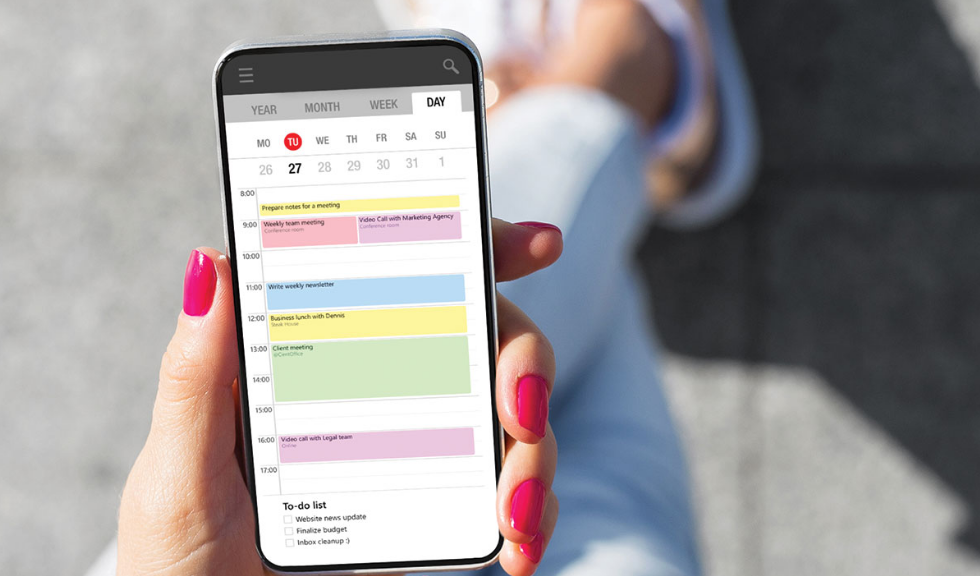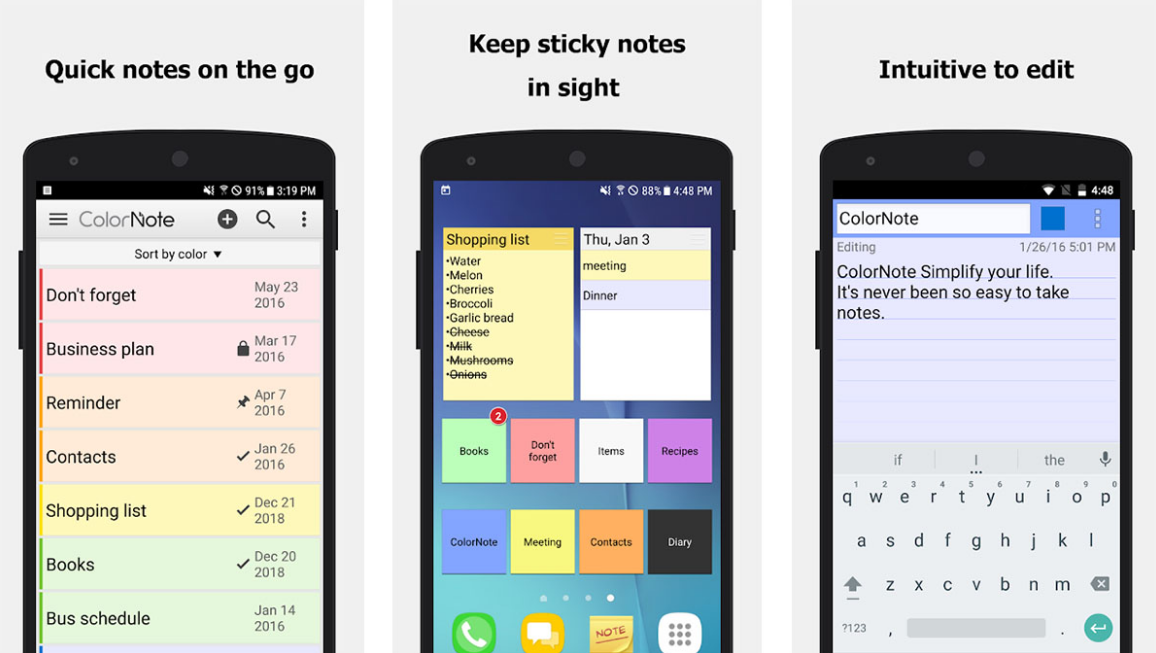
The Benefits of Schooling Apps for Android in Smart Schooling
In today’s digital age, technology has transformed the way we learn and teach. School apps for Android have emerged as a powerful tool for smart schooling, providing a range of benefits for students, teachers, and parents alike. In this blog, we will explore five key benefits of using school apps.
Improved Communication
One of the most significant advantages of school apps is improved communication. These apps enable teachers, students, and parents to stay connected, exchange messages, and receive real-time notifications. For instance, teachers can use in-app messaging to communicate with parents about their child’s progress or share class updates with students. This improves transparency, fosters trust, and helps create a more engaged community.
Enhanced Collaboration
Another benefit of school apps is enhanced collaboration. With features like shared calendars, project management tools, and digital whiteboards, these apps allow students and teachers to collaborate more effectively. This promotes teamwork, and peer learning, and helps students develop essential interpersonal skills.
Increased Access to Learning Resources
School apps provide students with easy access to digital learning resources, such as e-books, online courses, and educational apps. This means that students can learn at their own pace, and access resources whenever and wherever they want. With access to an abundance of educational materials, students can expand their knowledge and deepen their understanding of topics. In addition, the online visibility of the apps can also attract more students to digital learning and can help the schools to achieve that objective.

Streamlined Administrative Processes
School apps can also help streamline administrative processes such as attendance tracking, grading, and scheduling. These apps allow teachers to manage their administrative tasks more efficiently, freeing up valuable time that can be used for teaching and learning. This improves teacher morale and enhances the overall learning experience.
Personalized Learning
Finally, school apps can support personalized learning by providing students with tailored content and assessments. These apps use adaptive learning algorithms to adapt to individual student needs and preferences, creating a more personalized learning experience. This promotes student engagement, improves learning outcomes, and ensures that every student can reach their full potential.
Conclusion
In conclusion, school apps for Android offer a range of benefits that can transform the way we learn and teach. By improving communication, enhancing collaboration, increasing access to learning resources, streamlining administrative processes, and supporting personalized learning, these apps have the potential to revolutionize education. As educational institutions continue to embrace technology, school apps for Android are sure to play an increasingly important role in smart schooling.